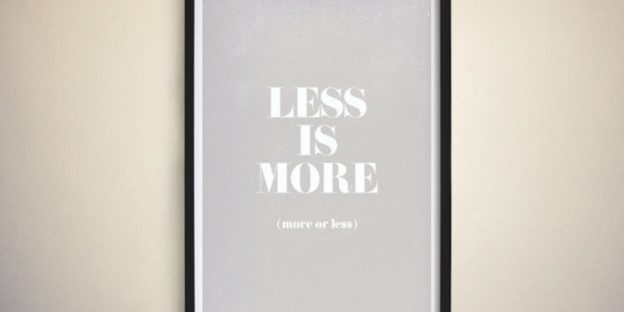The media continues to cover the heartbreaking story of the tragic loss of Jonathan McComb’s family. Since his wife and children were swept away in the recent Blanco River flood, many of us in the Texas Hill Country still feel shock and deep sorrow for Jonathan.
The Gift of Your Silent Presence
When emotionally devastating crises like these hit close to home, most people don’t know what to do or say. In a previous blog, I suggested that sometimes the best thing you can do is to say nothing. Just put your arms around your loved-one and give the gift of your silent presence.
Silence is necessary sometimes because not all words are helpful. Words can be deeply hurtful and insensitive. In my last post, on how to respond to these kinds of losses, I gave you Eight Things you Should NEVER Say to Someone in Pain and Grief. Unfortunately, at one time or another, probably everyone who tries to say something helpful says one or more of those insensitive “Don’t-Evers.”
But sometimes the right word spoken in the right spirit can be exceptionally healing.
I Learned the Old Fashioned Way
In my second year as an art student at Florida State University, the Lord called me to become a minister. The morning after, I excitedly told my pastor, Rev. Tommy Tomberlin. I confessed I had no idea how to get prepared. Pastor Tommy gave me a short to-do-list. Then, he invited me to go with him to the hospital. That morning, I began my journey learning, in the old fashioned way, what I should say to hurting people.
During my last two years in college, Pastor Tommy must have taken me to the school-of-hard-knocks over three hundred times. We saw people in hospitals, nursing homes, rehabilitation and hospice centers. At first, I stood quietly behind him, listening and absorbing. I watched him laugh and cry, pray and read scriptures, and offer helpful answers to hard questions. Eventually, it was my turn. For a long time, I was nervous. But eventually, I felt comfortable and honored to share with people during their hardest hours.
Since those early days, I talked to hundreds of people in their most painful times. I’ve studied what experienced counselors and ministers recommend we should say in the worst of times.
The following list of suggestions is a summary of my experience and what many respected authors recommend we SHOULD say when someone hurts. I hope they give you a little advantage and save you from making some of the mistakes I made.
Eight Things You SHOULD Say When Someone Hurts.
- Accepting: “I don’t know how you feel, but I am here for you.”
- Sympathetic: “I am so sorry for your loss. Call on me for anything.”
- Hopeful: “Our Lord will be with you. He will see you through this.”
- Assuring: “You’re hurting right now, but God is present and will provide the strength you need.”
- Encouraging: “You can handle this. I know you.”
- Humble: “I wish I had the right words, just know I’m here for you.”
- Scriptural: “Jesus wept too. He said he would never forsake you. He’s with you.
- Prayerful: “May I say a prayer for you? I will keep praying for you.”
My all-time-favorite book on this subject is the small paperback, Good Grief by Granger E. Westberg.
Do you agree with all of these suggestions? Are there other suggestions you can add to this list?

